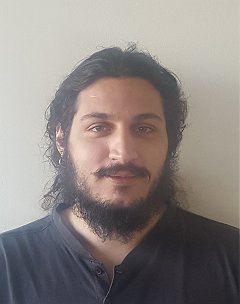Music as Language: Putting Probabilistic Temporal Graph Grammars to Good Use
Music composers have long been attracted by the idea of an automated tool for music generation, that is able to aid them in their day-to-day compositional process. We focus on algorithmic composition techniques that do not aim to produce complete music pieces, but rather provide an expert composer with a source of copious amounts of musical ideas to explore.
A promising formalism towards this direction are probabilistic temporal graph grammars (PTGG), which allow for the automatic generation of musical structures by defining a set of expressive rewrite rules.
However, the primary focus so far has been on generating harmonic structures, setting aside the other two main pillars of music: melody and rhythm. We utilize the expressiveness of PTGGs to transcribe grammars found in the musicology literature. In order to do so, we make slight modifications to the original PTGG formalism and provide a concise domain-specific language (DSL) embedded in Haskell to define such grammars. Furthermore, we employ a heuristics-driven post-processing step that interprets the abstract musical structures produced by our grammars into concrete musical output.
Lastly, parametrizing over different musical configurations enables more user control over the generative process. We produce multiple variations of four configurations to demonstrate the flexibility of our framework and motivate the use of formal grammars in automated music composition.
Fri 23 AugDisplayed time zone: Amsterdam, Berlin, Bern, Rome, Stockholm, Vienna change
10:30 - 12:00 | Music GenerationFARM at Stockholm Chair(s): David Janin Bordeaux INP / CNRS LaBRI / Bordeaux University | ||
10:30 30mTalk | Music as Language: Putting Probabilistic Temporal Graph Grammars to Good Use FARM Orestis Melkonian Utrecht University | ||
11:00 30mTalk | A Functional Model of Jazz Improvisation FARM | ||
11:30 30mTalk | Demo: Counterpoint by Construction FARM | ||
